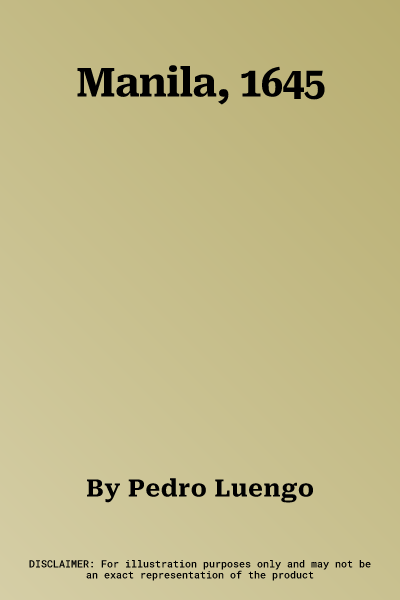Pedro Luengo
(Author)Manila, 1645Paperback, 29 April 2022

Qty
1
Turbo
Ships in 2 - 3 days
Only 2 left
Free Delivery
Cash on Delivery
15 Days
Free Returns
Secure Checkout

Part of Series
Routledge Research in Early Modern History
Print Length
170 pages
Language
English
Publisher
Routledge
Date Published
29 Apr 2022
ISBN-10
0367557819
ISBN-13
9780367557812
Description
Product Details
Author:
Book Format:
Paperback
Country of Origin:
US
Date Published:
29 April 2022
ISBN-10:
0367557819
ISBN-13:
9780367557812
Language:
English
Location:
Oxford
Pages:
170
Publisher: